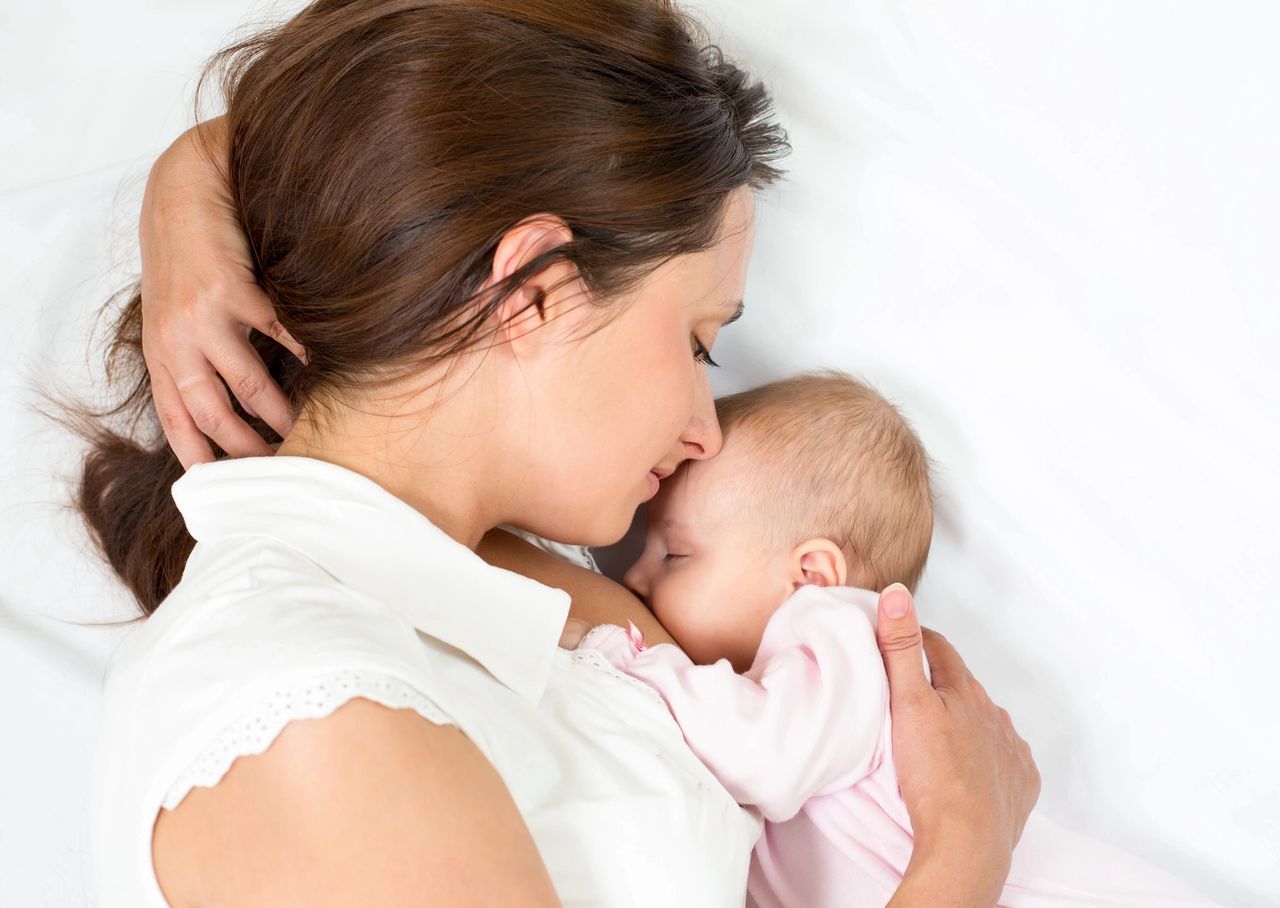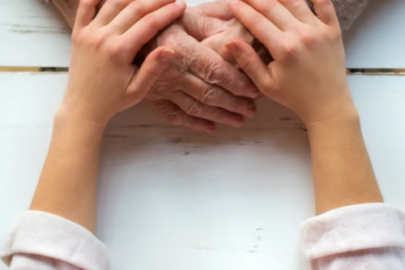Here are some important things to know about postpartum depression (PPD):
- There is a difference between normal hormonal changes and PPD: Due to hormonal changes, feeling low in an instant and then back to normal is a part of motherhood. But in case of continuous depressive episodes, when restlessness and misery become a regular affair, voraciously taking a toll, you might be suffering from PPD and probably need professional help.
- PPD does not define you as a bad mother: PPD does not define a person as a bad mother! The cycle of pregnancy and motherhood comes with its own challenges. A mother has to go through terrible labor pain and after the delivery she has to be involved in nursing and feeding for hours. She also has to attend to the child and her own needs. Mothers are bound to suffer from depression with varying degrees of severity. Some suffer from mild symptoms that can be ignored, but some others experience persistent episodes of depression that need to be taken seriously.
- PPD can occur anytime between the first month and a year: Generally, PPD occurs within the first month of delivery, though there are risks of its occurrence even after a couple of months. PPD can last for more than a year, so it is important to seek treatment as soon as your body starts showing certain instabilities.
- Alcohol does not help: The entire concept of drawing comfort from alcohol is nothing but a short-lived euphoria. Alcohol is itself a depressant and while it might provide some momentary relief from the depressive thoughts it is not a long term solution and can even worsen the depression. Instead of suppressing the depressive thoughts with alcohol, try getting support from loved ones and/or a professional to face the thoughts head on. Accepting and shedding light on the depressive thoughts and feelings is a far more effective approach.



